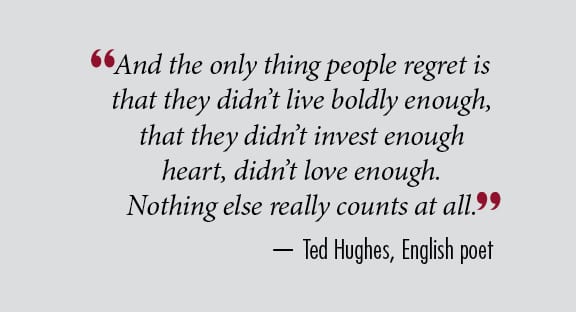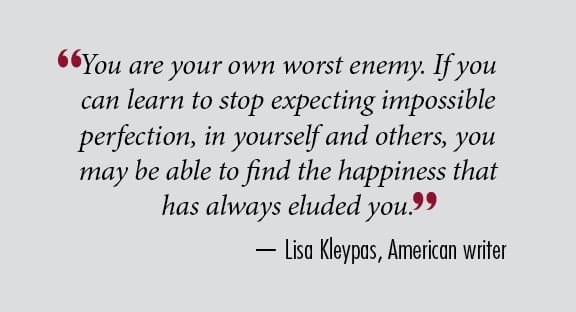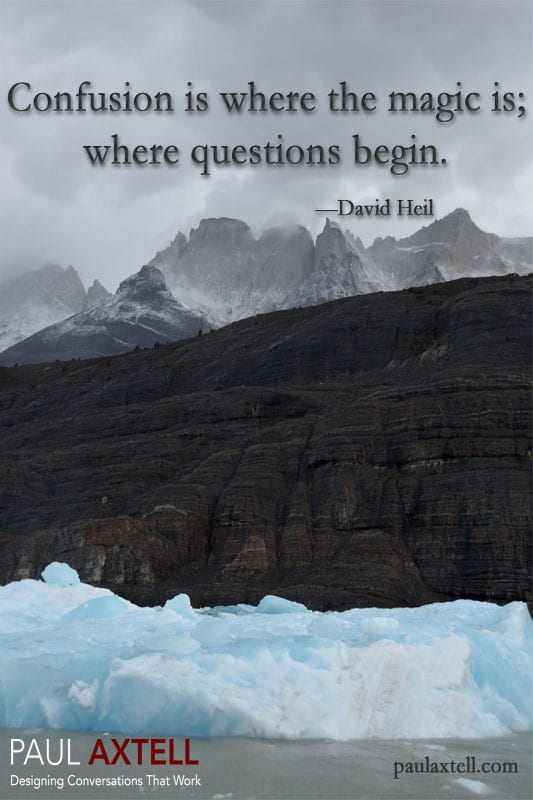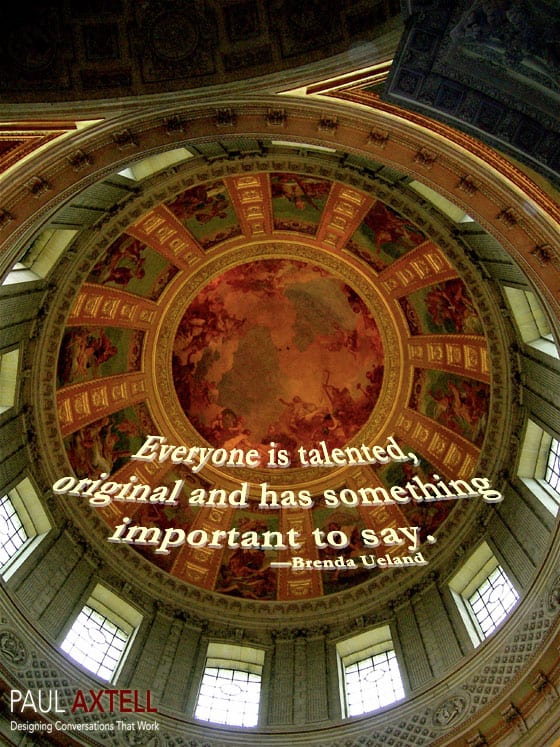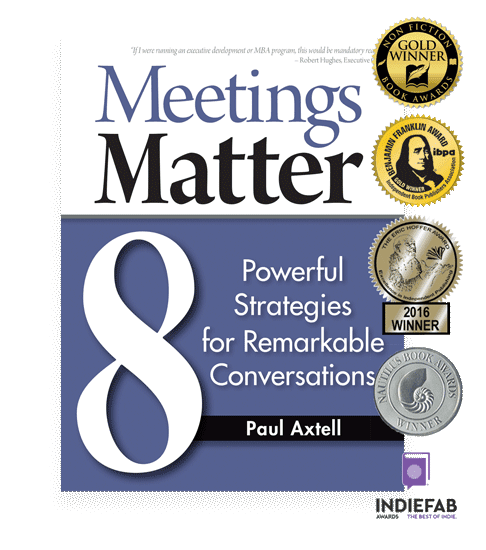 I’m delighted to return to the conversation with Rachel Macy Stafford, blogger and author of the book Hands Free Mama and the soon-to-be released Hands Free Life. Rachel talked about her first book in last week’s blog post, so now we’ll turn our attention to Hands Free Life, which will be released September 8.
I’m delighted to return to the conversation with Rachel Macy Stafford, blogger and author of the book Hands Free Mama and the soon-to-be released Hands Free Life. Rachel talked about her first book in last week’s blog post, so now we’ll turn our attention to Hands Free Life, which will be released September 8.
Paul: Rachel, tell us what inspired you to write your newest book, Hands Free Life.
Rachel: During a late-night chat with my younger daughter when she was sick, Avery said something that moved me deeply. I’d just miscalculated my mother’s age, and my daughter lifted her hands in front of her face. She spread her small fingers as far as they could go and said, “I’m keeping track of life.”
It was such a beautiful term that became almost magical given the way she extended her two free hands. But what made the hairs stand straight up on my arms was the fact that I knew exactly what it meant. Keeping track of life is knowing you’re on your true path toward personal fulfillment. It’s being at peace with who you are and how you are living. It’s placing your head on the pillow at night knowing you’ve connected with someone or something that made your heart come alive. It’s investing in what really matters, understanding full well that managing life is the tendency, but living life is the goal.
What began as small steps to change my distracted, perfectionistic, and hurried existence (that I described in Hands Free Mama) grew into a transformed perspective—one that profoundly altered the way I made decisions, interacted with my loved ones, focused my attention, and spent the precious minutes and hours of my days. Intentional actions to grasp what really mattered evolved into living a life that really mattered. Living a Hands Free life is more profound than putting down the phone or burning the to-do list. It’s about deep, lasting, permanent change. In that moment with Avery, I knew I needed to share what I’d learned with the world.
Paul: Geoff Colvin advocates in his newest book, Humans Are Underrated, that empathy is the critical twenty-first-century skill. In your book, when you are describing your daughter’s ability to notice, it reminded me of raising kids with the ability to relate to others. Do you see the same connection? And how can we train our kids to notice or to be empathetic?
Rachel: Yes. I also see a connection between noticing and the ability to relate to others. That is one of the reasons why I believe we must be aware of our tech use. Our electronic devices severely impact our ability to notice the beauty around us, as well as notice human emotion and need. Our children’s tech use is likely to resemble our tech use—what we do with our device at the dinner table, while driving, or while in the company of others is likely what they will do. If we are not “noticing” the world around us, we are teaching our children not to notice either.
One of my most effective strategies for maintaining healthy boundaries between real life and technology is to envision what will make my children feel fulfilled in the future. And it comes down to this: If I want my children to appreciate the softness of a beautiful animal, I must take time to appreciate soft, cuddly creatures. If I want my children to look into the eyes of those who speak to them, I must look into my children’s eyes and listen to their words. If I want my children to extend a helping hand to someone in need, I must notice the needs of others and act upon my heart’s calling to help. I can’t expect the world to show my children that life is best lived with open hands, open eyes, and an open heart. It must come from me.
Lastly, I believe we must incorporate sacred pauses in our daily schedule so there is time to notice the everyday miracles around us. If we are constantly hurrying our children and ourselves through life, we miss the opportunity to notice what is most important. We limit our ability to see the emotions in the faces around us.
Paul: Like you, I’m an advocate of not only spending attentive, quality time with our children, but also of conversing with them in a way that shapes not only them but their view of the world. How have you found that language, words, and conversations shape our children?
Rachel: I’ve found that by commenting on a child’s positive actions, rather than what he or she is doing “wrong,” we can positively impact their life. This is the approach I used when I taught students with behavior disorders. These were children who came to my program after being kicked out of many classrooms and many schools. They came to me so hopeless and so down on themselves. I built them back up by seeing the good, any good, I could find. After all, they’d only heard the bad. I could only imagine what the little voice in their head sounded like, so I tried to create a new voice, a more positive one. Finding a positive with children who were so challenging was not always easy, but it was possible. I said things like:
“Wow! You made it from the pencil sharpener to your seat while keeping your hands to yourself! That is something to be proud of!”
“You wrote your name on your paper. Look how neatly you wrote the letter L! Take a moment and celebrate yourself!”
“You are here. I am so glad you made it school today!”
It was quite amazing how the children began speaking to themselves once the teachers in our classroom and I began pointing out every positive action rather than every negative. By the end of the year, these children were learning, growing, and cooperating in ways no one ever expected. I’ve been using this “Notice the Good” approach with my daughters and even myself and seeing promising results.
Paul: As I read your book, I found myself noting the phrases that you’ve used with your children—phrases that many parents might adapt and begin expressing to their children. For example, I love “I’m right here” as a way of comforting. I also like “No matter what happens, you can always come home.” What phrases or statements do you think might have the most impact on our children?
Rachel: When I began my Hands Free journey five years ago, I did it to free myself from the external distractions, internal pressures, and unrealistic societal standards that prevented me from truly living. But there was an unexpected result: As my distracted ways lessened, my loving ways increased—tenfold. For the first time in my life I saw a direct correlation between my undivided presence and my ability to love my people in ways that most nurtured them. When I was in their presence, I studied them. I listened to them. I watched their faces when I used certain words and tones. I noted what words brought sighs of relief … surges of confidence … and glows of acceptance. I vowed to say those words more. I also noted what words brought shame … disconnection … pain … and silence. I vowed to say those words less. Over time, I collected quite a powerful list of words that helped me love my people in ways that helped them thrive. Like sunlight and water to a plant, these words nourished the deepest parts of their human hearts and fostered growth in all areas of their lives. Hence, I called them Soul-Building Words:
You make my day better.
You make my life better.
I love spending time with you.
Seeing your face makes me happy.
I’m listening.
This time is all yours.
How can I be a better _____ (parent, friend, spouse) to you?
Nothing is more important than being with you right now.
How can I help?
Take your time. You don’t have to rush.
Keep going. You’ve got this.
Be kind to yourself. You are doing the best you can.
Mistakes mean you are bravely learning and growing.
It may not be the outcome you hoped for, but I noticed your effort and it was quite remarkable.
I believe in you.
Paul: Please tell us about the idea, connective silence.
Rachel: I first encountered “connective silence” on a vacation with my husband. I purposefully brought a small suitcase so I wouldn’t be weighed down with choices and excess. So I packed hats and headbands instead of curling irons and blow dyers. I packed blank notebooks and pencils instead of devices and calendars.
In those hours, sitting side by side in beach chairs, my husband and I shared moments of silence. And I called it “connective silence” because in those conversation lulls, I didn’t check out, reach for the phone, the TV remote, or a few pages of unfinished work. That’s when I realized that the greatest opportunity to connect to what really matters sometimes lies in the silent spaces of our day. If we can resist the urge to fill every minute with noise, excess, and activity, we open the doors of our heart, mind and soul to let the joy come in.
Paul: This is my favorite sentence in the book: Having a parent who listens creates a child who believes he or she has a voice in the world. Rachel, can you please expand on this?
Rachel: From first grade through my senior year in high school, I had afterschool chats with my dad at his campus office. I can’t remember a time when he said he couldn’t talk right now, even when he was working on his dissertation, dealing with challenging faculty issues, or facing budget cuts. When I spoke, my dad was all there.
My dad wasn’t perfect. He lost his temper sometimes. He worked too much. He experienced periods of depression. But even through the rough patches, my dad always listened to me. He was never too busy, too distracted, or too desolate to hear my thoughts and opinions. As a result, my dad gave me the confidence to speak up—to speak up in dangerous situations … to speak up for others … to speak up for myself. In situations that I could have suffered in silence, I didn’t. Why? Because my dad listened to me as I grew.
So despite what the critics say—that giving a child our undivided attention creates a child who thinks the world revolves around him or her—I believe otherwise: Having a parent that listens creates a child who believes he or she has a voice that matters in this world.
 Rachel Macy Stafford is the founder of www.handsfreemama.com where she provides simple ways to let go of daily distraction and grasp what matters most in life. She is the New York Times bestselling author of Hands Free Mama. Her highly anticipated book, Hands Free Life, releases on September 8! It is a book about living life, not managing, stressing, screaming, or barely getting through life. Through truthful story-telling and life-giving Habit Builders, Rachel shows us how to respond to our loved ones and ourselves with more love, more presence, and more grace. Those who pre-order Hands Free Life from now until September 7 will receive the FREE e-book of Hands Free Mama. Click here to learn more about the book and pre-order bonus.
Rachel Macy Stafford is the founder of www.handsfreemama.com where she provides simple ways to let go of daily distraction and grasp what matters most in life. She is the New York Times bestselling author of Hands Free Mama. Her highly anticipated book, Hands Free Life, releases on September 8! It is a book about living life, not managing, stressing, screaming, or barely getting through life. Through truthful story-telling and life-giving Habit Builders, Rachel shows us how to respond to our loved ones and ourselves with more love, more presence, and more grace. Those who pre-order Hands Free Life from now until September 7 will receive the FREE e-book of Hands Free Mama. Click here to learn more about the book and pre-order bonus.

